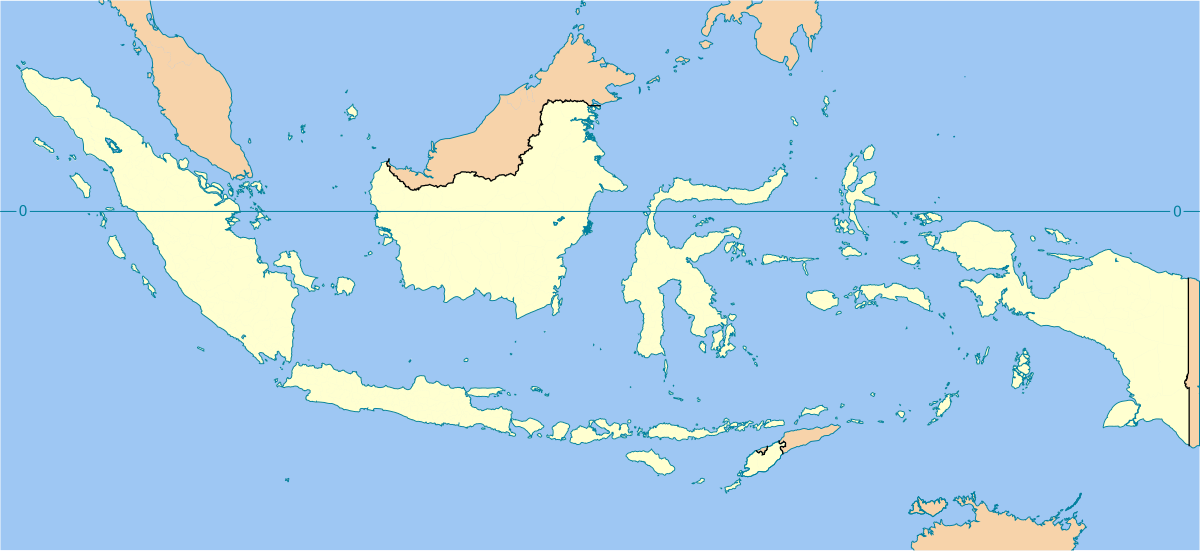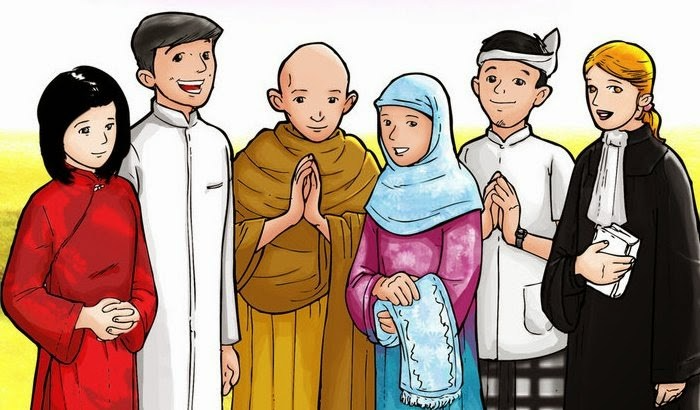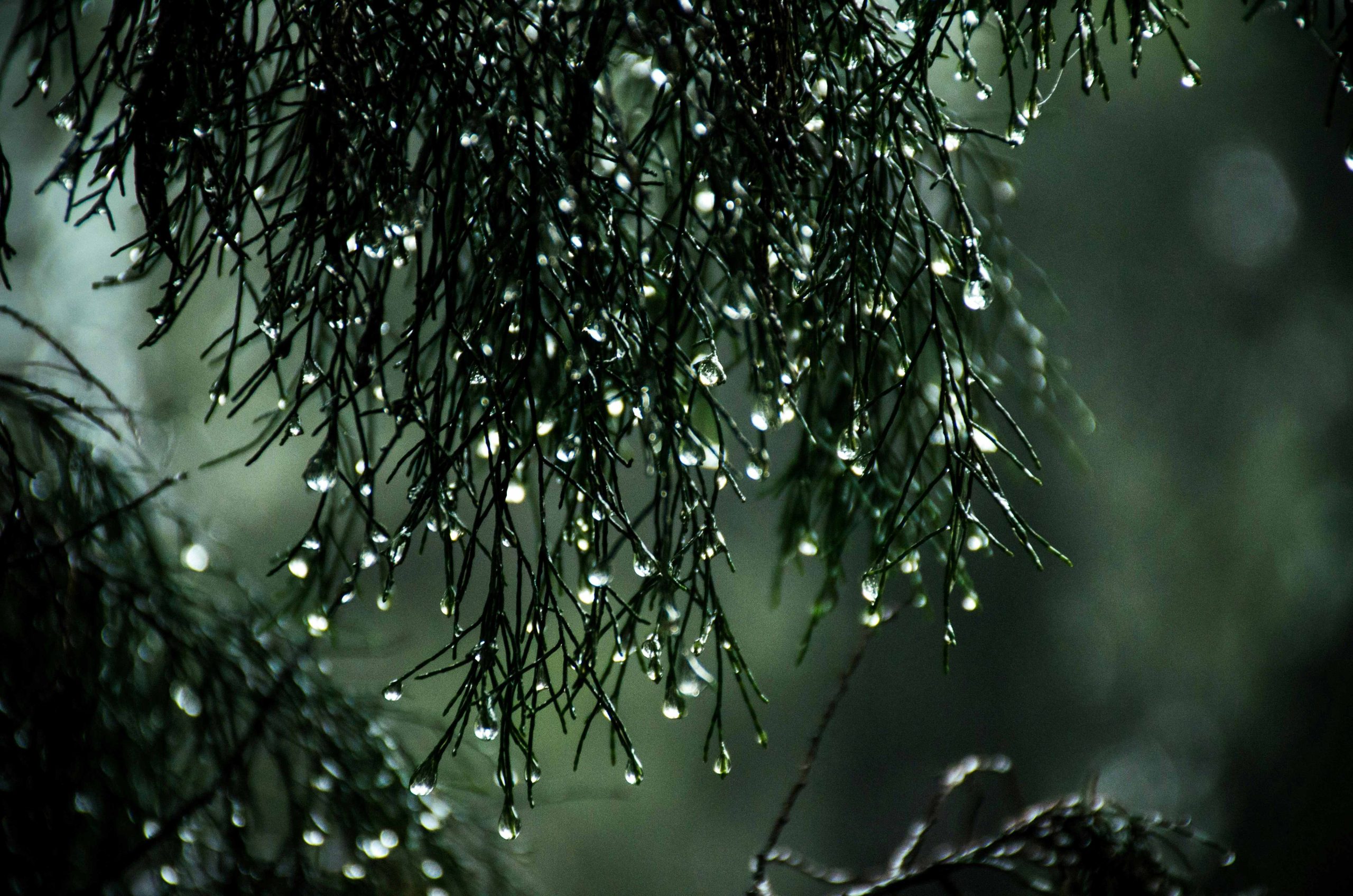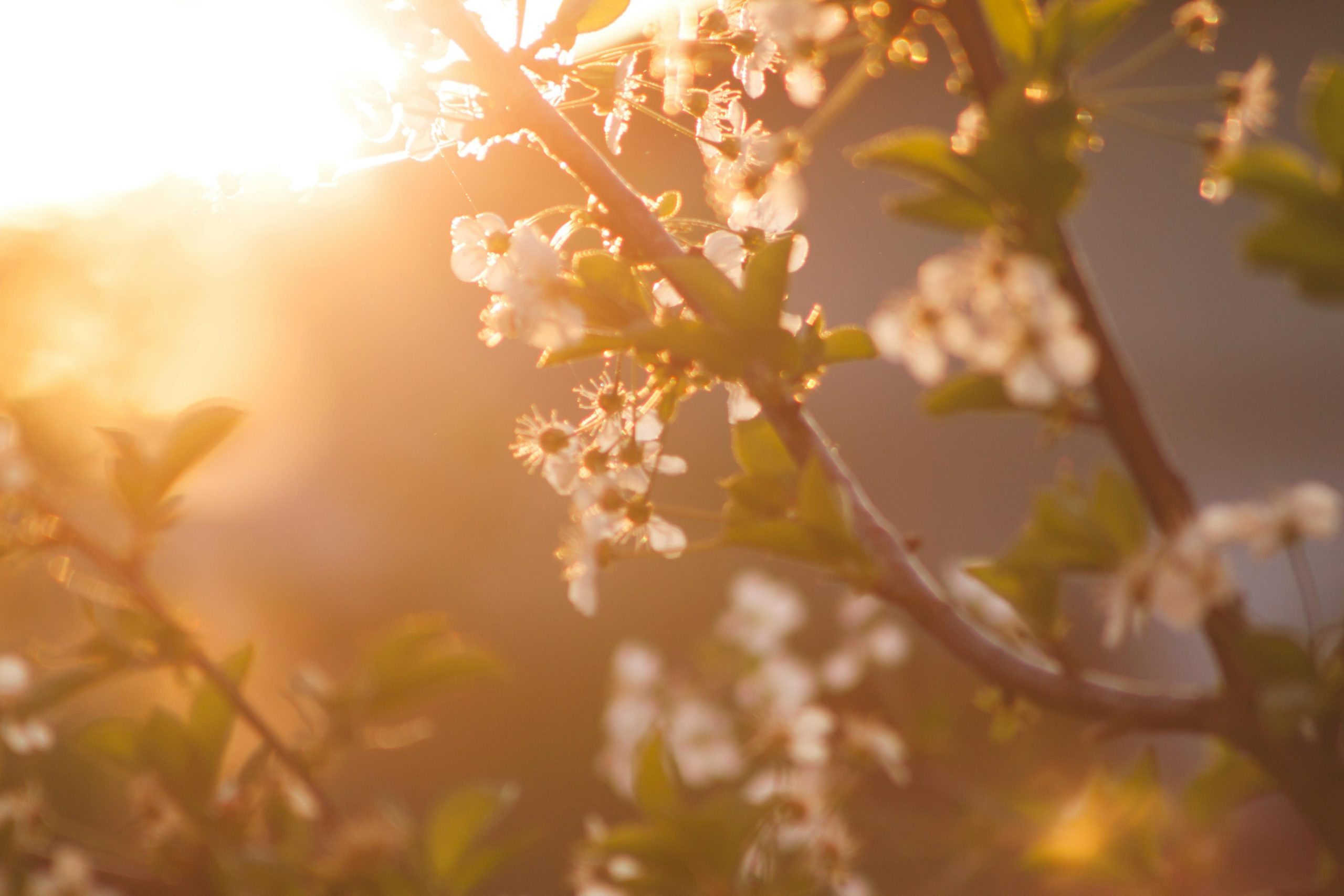
Indonesia is a Southeast Asian country made up of over 17,000 islands, with five main islands—Java, Sumatra, Borneo (shared with Malaysia and Brunei), Sulawesi, and Papua. It’s the world’s largest archipelago and the fourth most populous country, with over 270 million people. The capital is Jakarta, located on the island of Java. Indonesia is known for its rich cultural diversity, with hundreds of ethnic groups and languages. The majority religion is Islam, making it the country with the largest Muslim population in the world.
However, Indonesia also has significant Christian, Hindu, and Buddhist communities. Famous for its natural beauty, Indonesia has rainforests, volcanoes, beaches, and unique wildlife, including orangutans and Komodo dragons. Popular tourist destinations include Bali, Borobudur Temple, and Raja Ampat. Economically, Indonesia is a member of the G20 and has a mixed economy, with industries ranging from agriculture to manufacturing and services. It’s one of the world’s leading producers of palm oil, coal, and natural gas.

Demograph
Wonderful Indonesia is the 4th most densely populated country, with the most populated islands in the world, Java Island. In 2010 statistics, Indonesia has more than 238 million and use Indonesia language (official language). Full of diverse ethnical and religion, make most Indonesian appreciates the rules, ethical, and norm in their region. More than 85% of Indonesia citizens were Muslim so Indonesia has the world’s largest Muslim population, 9% of Protestant, 3% of Catholic, 1,8% Hinduism, 0,8% Budha, and 0,3% the others.
Climate
Indonesia has a tropical climate, which is typical for a country located near the equator. Its climate is shaped by several factors, including ocean currents, topography, and the monsoon winds. Indonesia experiences consistently warm temperatures throughout the year, typically ranging between 23°C to 32°C (73°F to 90°F). The coastal areas tend to be warmer, while higher elevations (mountainous regions) are cooler. Due to its proximity to the equator and vast water bodies, Indonesia has high humidity levels, often exceeding 70%, especially during the rainy season
Indonesia’s weather is largely defined by two seasons

The Wet season usually occurs from November to March. During this time, Indonesia is influenced by the monsoon winds coming from Asia, bringing heavy rainfall. These monsoon rains vary by region, with some areas receiving more rain than others

The Dry season typically runs from April to October, with the southeast monsoon winds bringing drier air from Australia. Rainfall during this period is significantly reduced, especially in the southern parts of the country, like Java and Bali. However, some areas, particularly in the eastern part of Indonesia, can still receive occasional rain
Do & Don’t


Avoid using your left hand to give or receive things, as it’s considered impolite. Instead, Use both hand or right hand and slightly bow to give and receive things


When entering someone’s home, take off your footwear, but socks and indoor footwear are permissible


Indonesians tend to be laid-back and polite, so raising voice when talking to other person is frowned upon.

Don’t touch someone’s head as head is considered sacred in Indonesian culture.

As an East country, Indonesia have a strict rules to sexual behavior. We prohibited pornograph and action belong to laws and punish them if it go to public. You can’t do public affection such as hugging or kissing though you’re married or not. You can’t go out with minim cloth except you’re in beach or pool area.
When traveling in Indonesia, respect local customs by dressing modestly, using polite greetings, and removing shoes when entering homes or religious places. Stay hydrated, carry cash, and use apps like Gojek or Grab for transport and food delivery convenience
